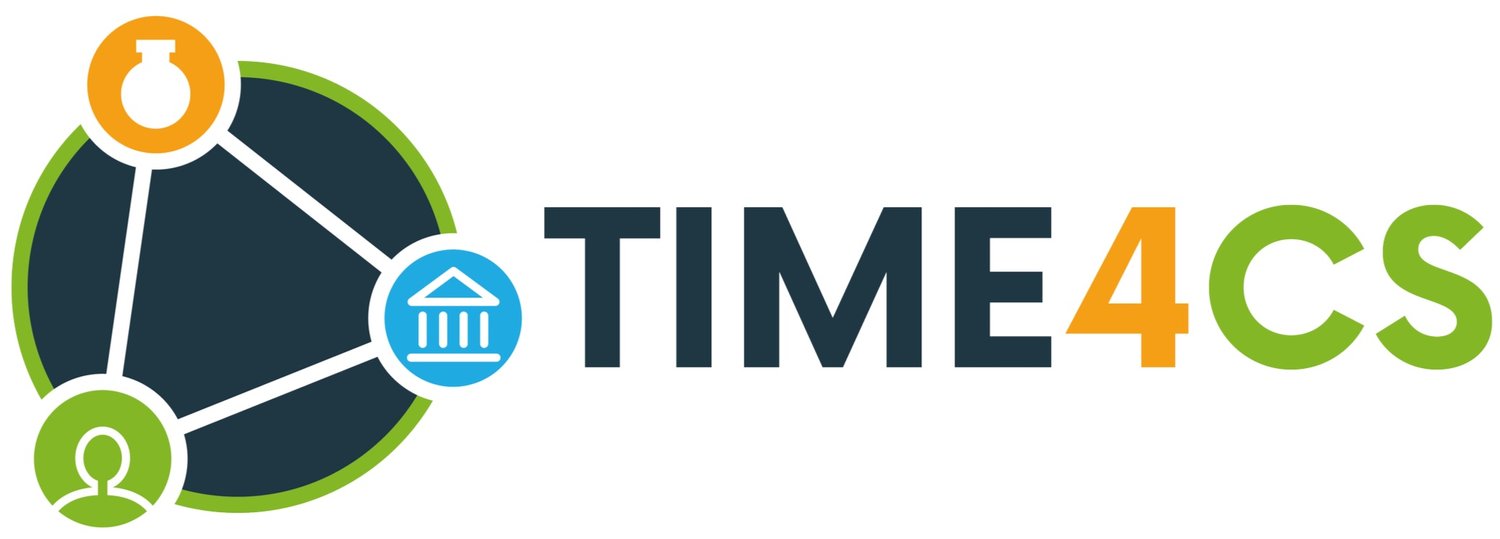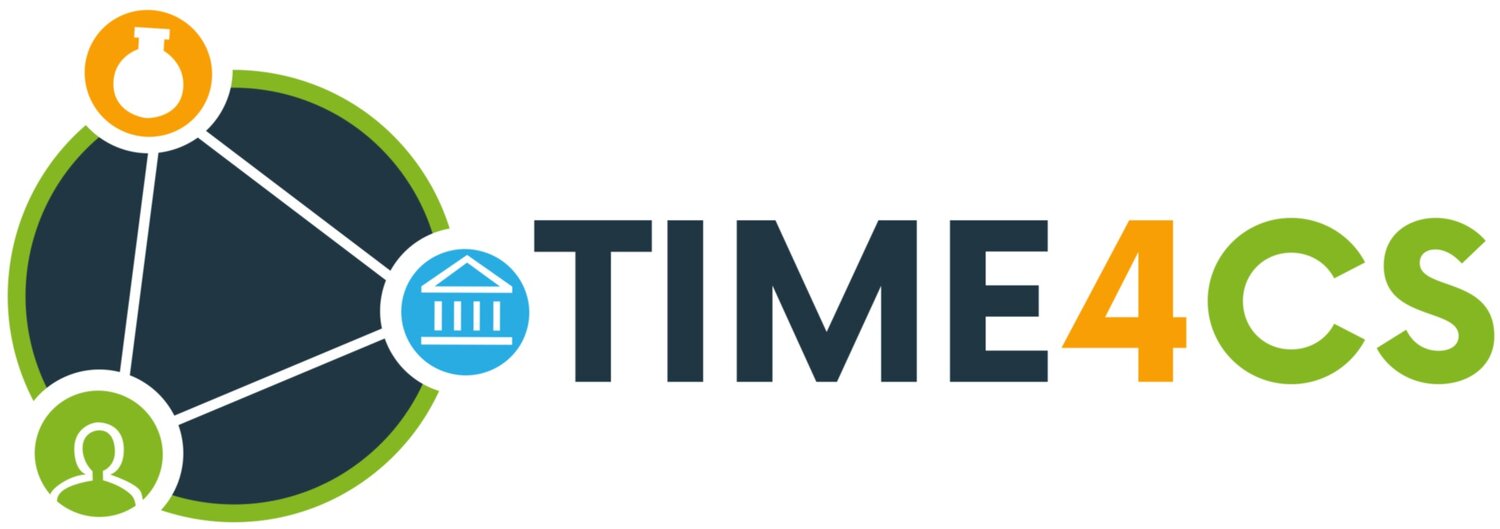UCL Citizen Science Academy creates new Kitemark award
One of the elements of institutional transformation toward supporting citizen science is the development of new mechanisms and tools. At UCL, one such exciting project is set to create and launch a Kitemark award for individuals in local communities being trained in Citizen Science methods by the UCL Citizen Science Academy. The kitemark is awarded to recognise the skills and knowledge that community researchers gain through participation in citizen science. Like many things in citizen science, the need for the kitemark emerged from the work of UCL Institute of Global Prosperity (IGP), where they have been developing a Citizen Science Academy project.
The Citizen Science Academy has been running since 2021 and builds on IGP's previous work with citizen social scientists to rethink prosperity in East London, North London (Camden), Lebanon, Kenya, and Tanzania, in projects like Young Euston Voices. The Young Euston voices project took place in the summer of 2020, where eleven young people from Somers Town and Regent’s Park Estate in Camden joined IGP to launch a ‘citizen social science’ (CSS) project researching what prosperity and inclusive regeneration mean to local people living in neighbourhoods in Euston.
The goal of the Academy is to develop citizen social science as a new way of developing policy relevant knowledge to shape place-based policy-making and social action in the UK and globally. The Citizen Science Academy focuses on practice-based learning to equip citizens, and voluntary and public sector organisations with knowledge and practical skills about qualitative social research methods to influence local decision-making and support place-based social action.
However, how can we recognise the learning of the participants in these projects? After all, they might want to use their learning in other ways and maybe use it in a work context. Official qualifications are complex to attain and to approve, as anyone who experienced any such qualification – even at school level – knows.
As an alternative, the Academy, the UCL Office for Open Science and Scholarship and the new cross-faculty, UCL Citizen Science Working Group, are working together to create and pilot a Kitemark award – a non-academic recognition for citizen social scientists which is scheduled for launch later in 2022.
This week marks an important stage towards agreement on this new kitemark. On Tuesday 29 June, the UCL Citizen Science Working Group met to finalise details of this new tool, attempting to balance the formality and informality of this recognition. The recent workshop allowed the Working Group to get together and finalise the details and workflows of this new Kitemark award and begin planning its launch. The workshop was a great success and we are all looking forward to being able to launch the Kitemark award in the next few months.
Authors: Kirsty Wallis (UCL)
Muki Haklay (UCL)
Abril Herrera (UCL)


